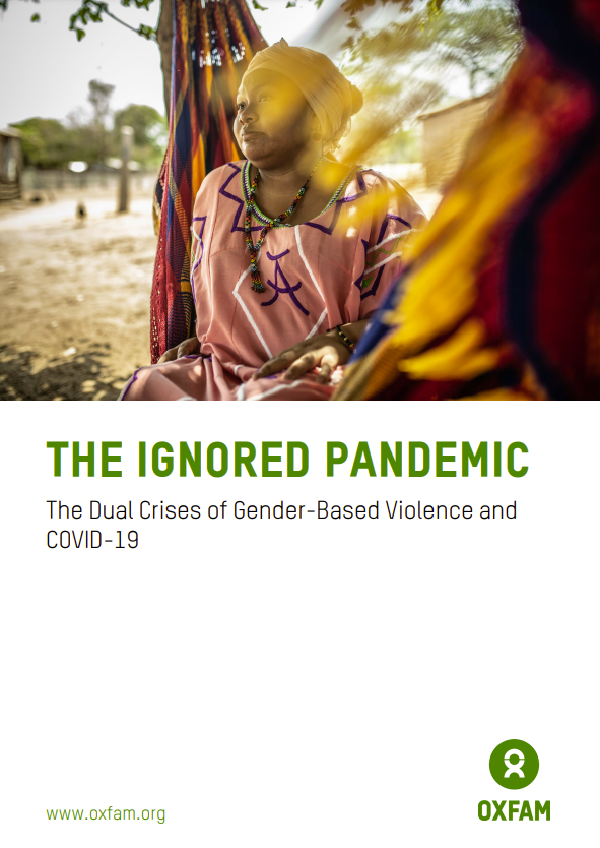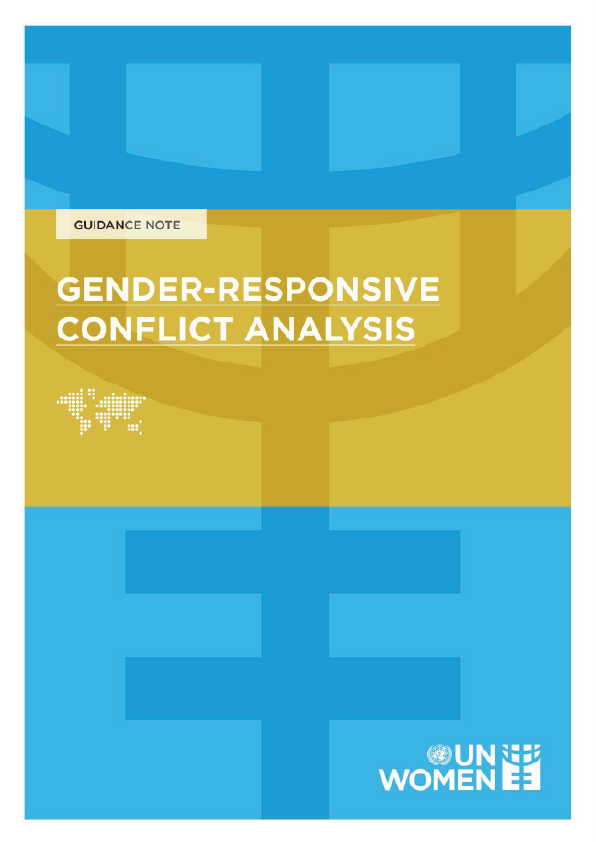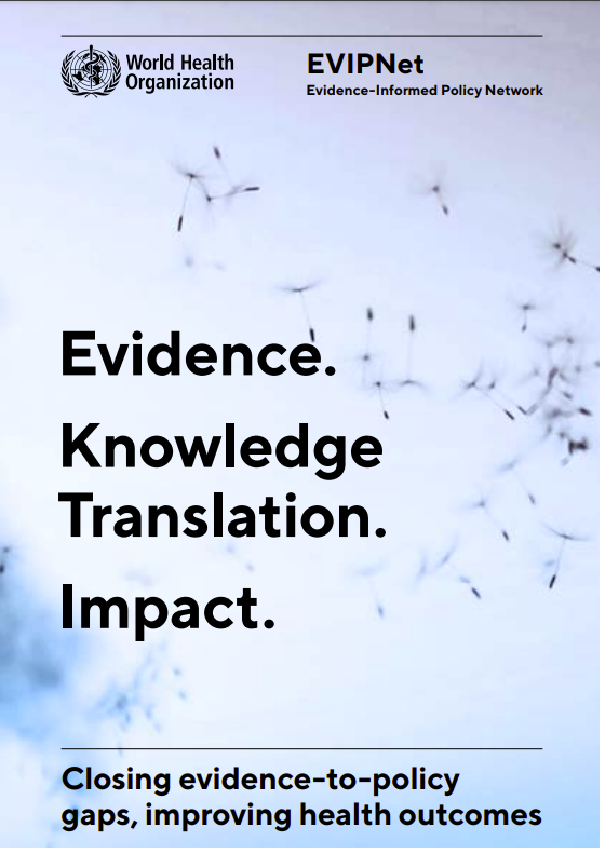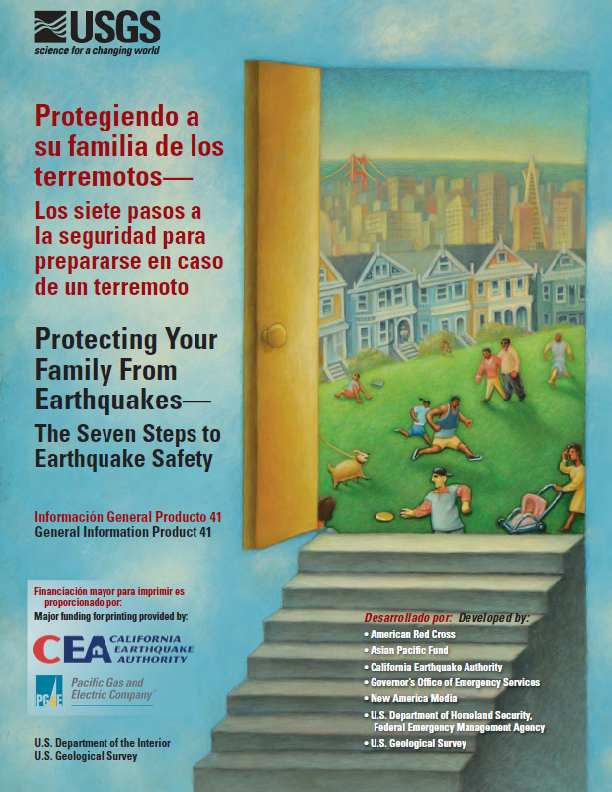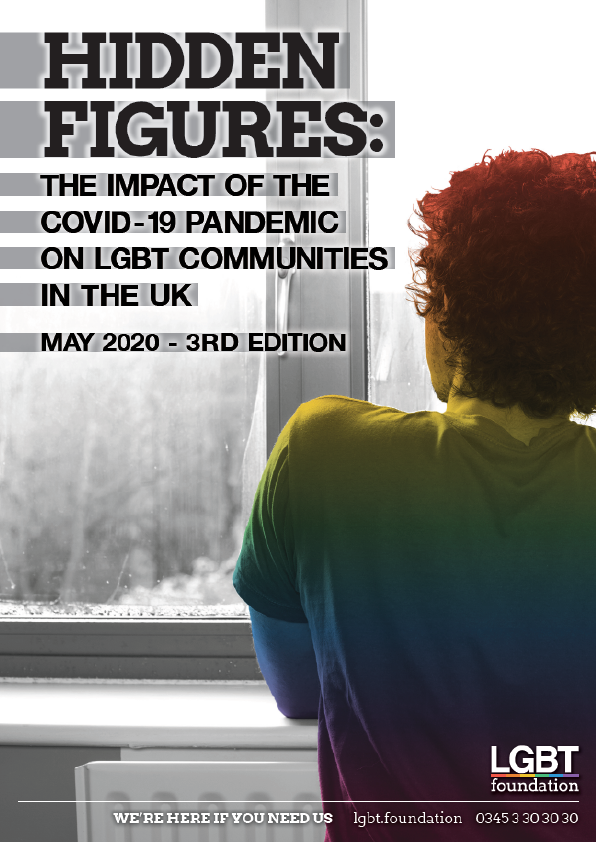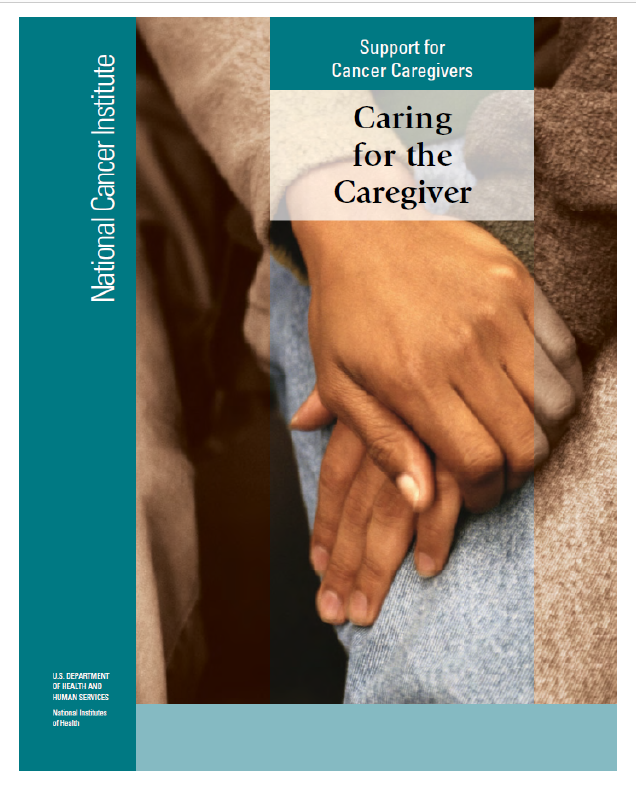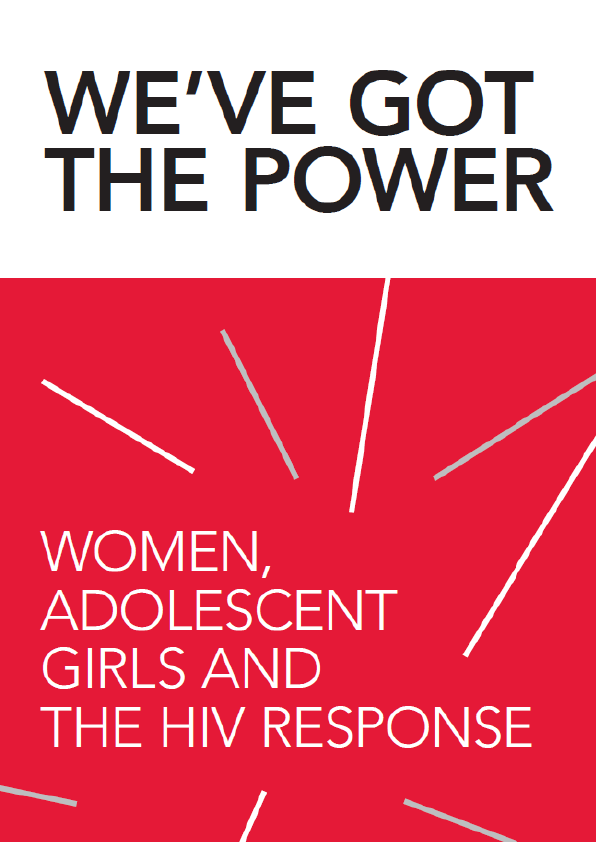Gender Based Violence (GBV) is a global pandemic existing in all social groups across the globe, yet it has largely been ignored in the COVID-19 response and recovery plans.
It is evident that the COVID-19 pandemic has intensified GBV, including domestic violence and intimate partner violence amongst other forms of violations, but the investments in GBV prevention and response are dramatically inadequate, with just 0.0002% of the overall COVID-19 response funding opportunities going into it.
GBV is violence or other abuse that occurs in a domestic setting, such as in a marriage or cohabitation. Domestic violence is often used as a synonym for intimate partner violence, which is committed by one of the people in an intimate relationship against the other person, and can take place in relationships or between former spouses or partners. In its broadest sense, domestic violence also involves violence against children, parents, or the elderly.
Barriers to achieving gender justice, such as harmful social norms, continue to exist, but progress made since the start of the 16 Days of Activism Against Gender-Based Violence Campaign show that there are solutions, and feminist activism has been a driving force for progress on eliminating gender-based violence.
SUMMARY
Long before COVID-19, women, including trans women, and girls and LGBTQIA+ people were already facing an equally devastating but largely ignored pandemic. Gender-based violence (GBV) is among the most common causes of death, injury, and mental and emotional suffering globally, one of the world’s most widespread violations of human rights and a lethal global health crisis.1 in 3 women – around 736 million – will experience physical or sexual violence by an intimate partner or sexual violence from a non-partner across their lifetime.
Globally, the prevalence of violence against women and girls by an intimate partner in 2018 was higher than the prevalence of COVID-19 in the past 12 months, throwing into sharp relief the disparity in attention and resources each crisis has received. Coronavirus has devastated efforts to prevent and respond to GBV and catalyzed an explosion in global GBV case numbers. Data from 10 countries shows calls to domestic violence or GBV helplines increased by 25 to 111% in the first months of the pandemic as women, including trans women, and girls and LGBTQIA+ people were isolated with their abusers and cut off from social networks and essential and life-saving services.
While 146 UN member states and observers have declared support for prioritizing efforts to address violence against women in national coronavirus response plans, few have followed through, and globally GBV accounted for just 0.0002% of $26.7 trillion in coronavirus response funding opportunities.
The COVID-19 pandemic has also shown that when spurred to action, governments can take extraordinary measures to protect their citizens and respond to deadly health crises. This November, the world will celebrate the 30th anniversary of the 16 Days of Activism Against Gender-Based Violence Campaign, an opportunity to celebrate progress that has been made, note the roadblocks that remain, and call on governments and international institutions to renew their efforts to reduce the global burden of GBV. In this paper, we will explore the impact of coronavirus on victims and survivors of GBV, consider the implications of a continued failure to respond, and call for a stronger link to be made between efforts to recover from COVID-19 and efforts to end the less recognized but equally devastating GBV pandemic.
